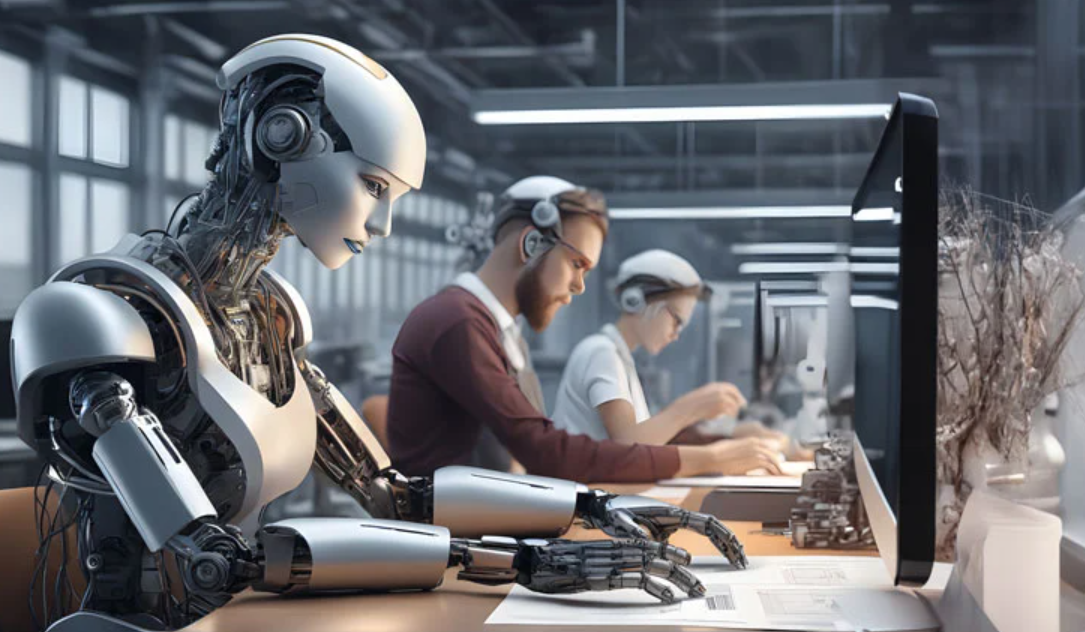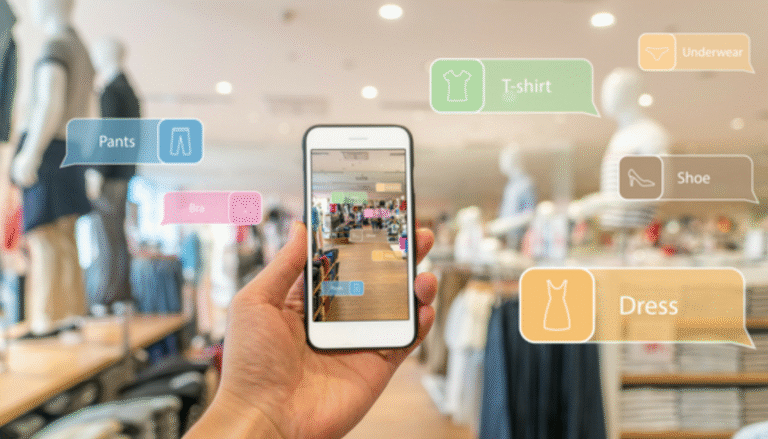What’s Next for Artificial Intelligence in the Workplace?
The integration of artificial intelligence in the workplace is evolving rapidly. Organizations are increasingly leveraging AI for efficiency and decision-making. Advances in natural language processing and machine learning are reshaping human-computer interactions. However, ethical considerations complicate this landscape, demanding transparency and inclusivity. As AI technology progresses, the necessity for employee reskilling becomes critical. What strategies will emerge to navigate these challenges and maximize AI’s potential in the workplace?
The Current State of AI in the Workplace
The integration of artificial intelligence (AI) into the workplace has reached a pivotal stage, marked by advancements in technology and a growing acceptance among organizations.
AI applications are now fundamental tools for productivity enhancement, automating routine tasks and facilitating data analysis.
This evolution empowers employees to focus on strategic initiatives, thereby fostering innovation and enabling organizations to adapt swiftly to an ever-changing business landscape.
Emerging Trends in AI Technology
As organizations continue to embrace artificial intelligence, several emerging trends are reshaping its application within the workplace.
Natural language processing is evolving to facilitate seamless human-computer interactions, enhancing employee productivity.
Concurrently, machine learning advancements are driving predictive analytics, enabling organizations to make data-driven decisions.
These trends underscore a transformative shift towards increased efficiency and autonomy in the modern work environment.
See also: What’s Driving the Growth of the Smart Wearable Market?
Ethical Considerations in AI Implementation
How can organizations navigate the complex landscape of ethical considerations in artificial intelligence implementation?
Effective strategies must prioritize bias mitigation and address privacy concerns. By developing transparent algorithms and fostering inclusive data practices, organizations can enhance accountability and trust.
Implementing ethical frameworks ensures that AI technologies align with human values, ultimately empowering individuals while minimizing risks associated with discrimination and data misuse.
Strategies for Employees to Adapt and Thrive
While navigating the evolving landscape of artificial intelligence in the workplace, employees can employ several strategies to adapt and thrive.
Engaging in reskilling initiatives equips them with the necessary competencies to leverage AI effectively.
Additionally, utilizing collaborative tools fosters teamwork and innovation, enabling workers to harness AI’s potential while maintaining autonomy.
These approaches empower employees to navigate change and enhance their professional relevance.
Conclusion
As organizations embrace the promise of AI, one might ironically ponder whether the true beneficiaries will be the technologies themselves rather than the human workforce. In a landscape where reskilling becomes essential, the advancement of algorithms may outpace the adaptability of employees, creating a paradox of empowerment through dependency. Thus, while AI heralds unparalleled efficiency, it simultaneously poses the challenge of human relevance, compelling a reevaluation of the very nature of work in this evolving digital era.




